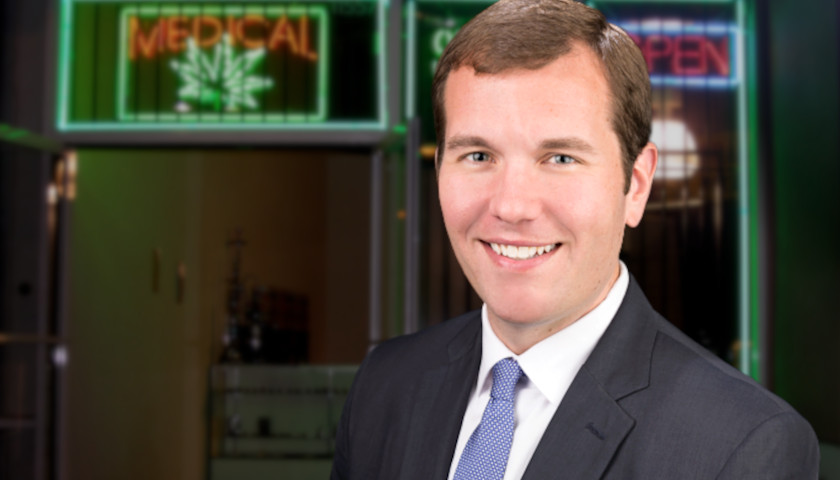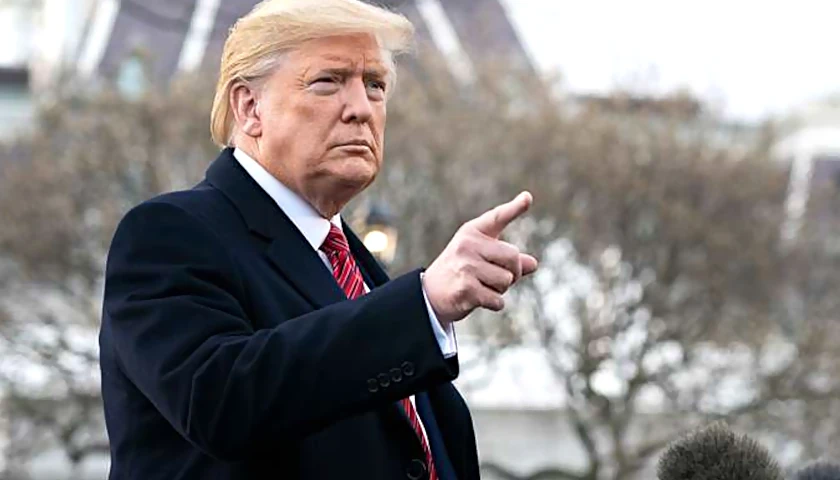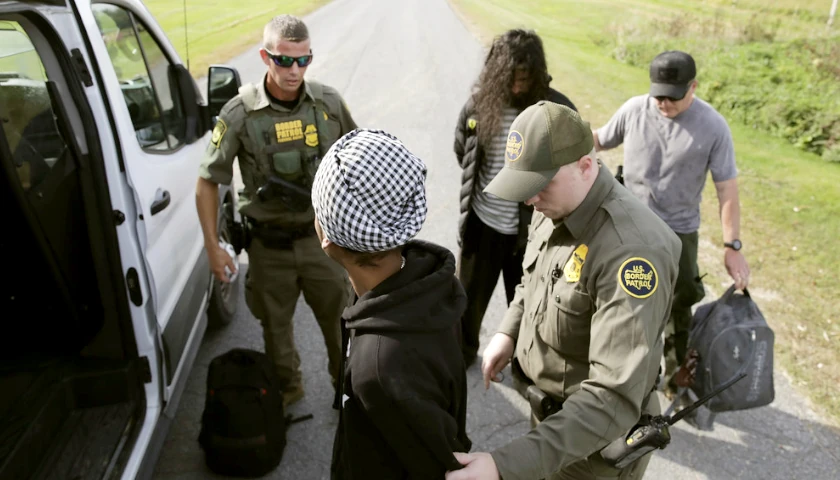The State of Michigan is rolling out a Social Equity Program to encourage participation in the marijuana industry in particular cities, but it’s receiving mixed reviews.
The Marijuana Regulatory Agency (MRA) has identified 19 “disproportionately impacted communities” for special assistance. According to its July 18 press release, the cities qualify based upon marijuana-related convictions and poverty rates.
MRA cites Section 8 of the Michigan Regulation and Taxation of Marijuana Act (Proposal 1 of 2018) as grounds for requiring it to develop:
a plan to promote and encourage participation in the marijuana industry by people from communities that have been disproportionately impacted by marijuana prohibition and enforcement and to positively impact those communities.
 History of a marijuana-related conviction, among other qualifications, helps applicants earn a 25 percent reduction in application fees. Available reductions could total 60 percent.
History of a marijuana-related conviction, among other qualifications, helps applicants earn a 25 percent reduction in application fees. Available reductions could total 60 percent.
“Mental Health Issues”
The Michigan Star sought comment from area residents in several qualifying communities.
“I am all for the use of CBD oil and medical marijuana for legitimate reasons,” said Shelley Meyers, a healthcare staffing coordinator in Muskegon, who wants people to know that recreational marijuana has its problems.
“I have already seen the effects of legalized marijuana in Muskegon County with the increase in mental health issues and substance abuse,” said Meyers. “Those growing the pot and selling it may be making money, but those in their community using it will have more harm than good.”
MRA, which operates under the Department of Licensing and Regulatory Affairs, will deliver one-on-one assistance with licensure applications and other resources. The Social Equity Program will coordinate help from medical facility licensees and seven additional state regulatory agencies relevant to the adult-use marijuana industry.
Could “Social Equity” Cause Educational Disparity?
Melanie Kurdys, president of Michigan Parents in Education, is concerned about the unintended consequences of the program.
“By encouraging marijuana use in low income communities but not in higher income communities, we could be creating an unfair educational opportunity scenario,” she said.
Kurdys lives near Kalamazoo. She noted that the effect of legal adult use of marijuana upon children in a community is not yet definitive.
“However, there is a correlation between community values and children’s attitudes,” she stated, citing a 2018 review of Colorado schools in districts with legal pot. Data from the Departments of Education and Criminal Justice showed rising disciplinary measures, new forms of marijuana used, and increasingly young ages of school children using marijuana.
Unintended consequences may extend to schools, which have run afoul of federal funding requirements in other states due to clashing state and federal marijuana laws.
“I don’t think it’s a good idea for the State of Michigan to help anyone start a business of any sort,” stated Alan Busick of the Niles and Benton Harbor region. “Let alone a pot business.”
Other Democratic strongholds including Pontiac, Flint, Detroit, and several Detroit suburbs round out the list.
Dividing Line Between Opt-Out and Social Equity
“I believe that our Social Equity Program will lead the nation in accomplishing the social equity objectives that Michigan voters assigned us last fall when they passed the adult-use marijuana proposal,” said MRA Executive Director Andrew Brisbo.
Social equity representatives will visit the 19 communities multiple times before the MRA begins taking applications on November 1, 2019.
November 1 is also the deadline to pass local ordinances to prohibit marijuana facilities under the 2018 referendum. At least 522 Michigan municipalities have voted to opt out and filed with MRA.
– – –
Abigail Nobel is a reporter at The Michigan Star.
Background Photo “Medical Marijuana Shop” by Laurie Avocado.CC BY 2.0.





